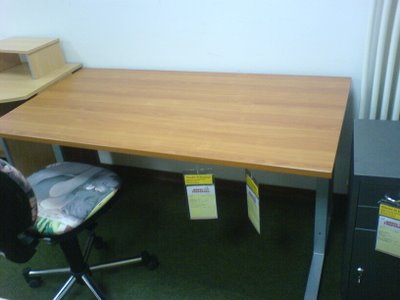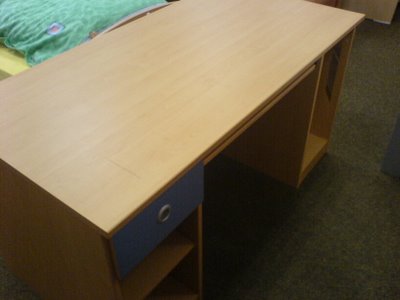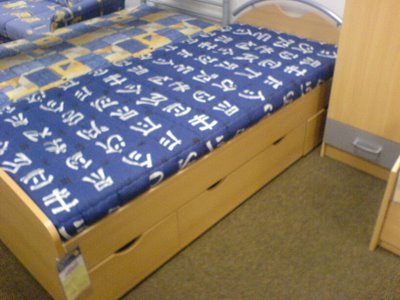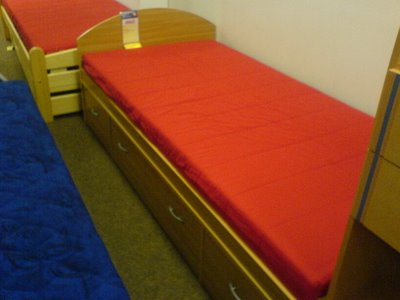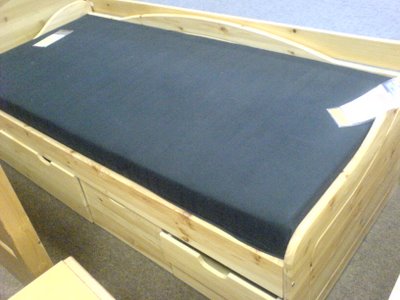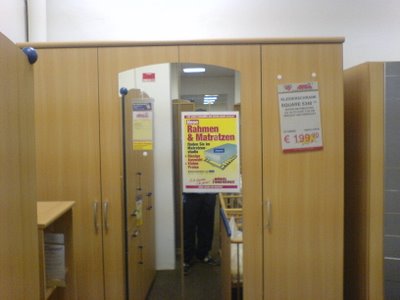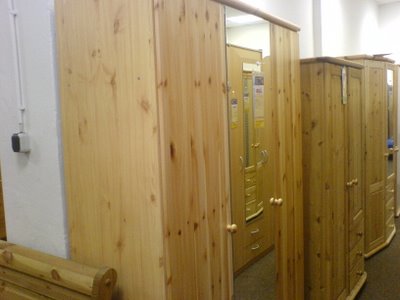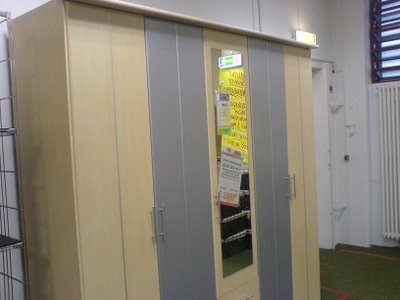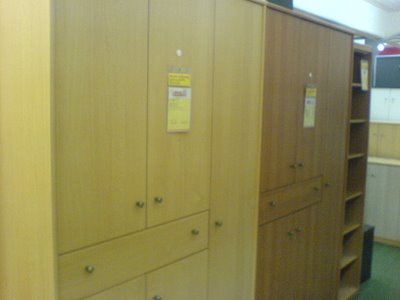Writing a semester report is one of the duties of all students in the
Master's Honors Program. And since the Winter Semester 2005/2006 officially ends soon (if it didn't already end) it's a good idea to try to wrap up and give some conclusions. This was my first semester at Saarland University and I hardly noticed when it passed, so reviewing the activities I was involved with will surely help me.
Title
Honors Program Report for the Winter Semester 2005/2006
Catalin Hritcu <catalin.hritcu@gmail.com>
Introduction
The end of the semester is always a good opportunity to look back and see what went good and what not, come up with conclusions and maybe with some ways to improve. I don't plan to do all these in this small report, but it should be a good start.
Despite this being my first semester at Saarland University the process of adapting was fast and painless thanks to the help of the IMPRS and the Computer Science department, my "buddy" Georgiana Ifrim and the friendly colleagues. Once the administrative tasks were completed and the semester started, I had the surprise of missing basic prerequisites for some lectures. Still, catching up with things like functional programming was lots of fun and will be definitely useful in the future. One other aspect that is different here is the amount of homework one has to solve every week, but there is a lot to be learned by doing them.
Other then Standard ML and Haskell, I also had a very good time learning the Z specification language and many other things necessary for the lectures I took. Here is a list of them, together with the name of the instructors, the number of credits and the final grade:
- Semantics - Prof. Gert Smolka - 9Cr - 1.3
- parallel and Distributed Programming - Prof. Reinhard Wilhelm - 6Cr - 1.0
- Software Engineering - Prof. Andreas Zeller and Prof. Joachim Hertel - 9Cr - 2.0
- Data Stream Processing Seminar - Prof. Christoph Koch - 8Cr - 1.0
- Soft Skills Seminar - Kerstin Meyer-Ross - 4Cr - Ungraded
- German Proficiency - Marie-Christine Dussart 6Cr - Ungraded
- IMPRS Master Seminar - Kerstin Meyer-Ross - 0Cr
- 'Existenzgruendung' Lecture - Prof. Heinz Kussmaul - 0Cr
The close cooperation between students and faculty allowed me to get familiar with several research groups, that work on topics I find interesting. It was very instructive to find out about Prof. Zeller's research on Automated Debugging and it's applications (e.g. in analyzing security attacks), Mining Models and Version Archives; Prof. Smolka's research on the Semantics of Programming Languages; Jan Schwinghammer's ongoing work on Higher-order Computation and Side-effects; or Prof. Koch's research on XML Stream Processing and SQL Query Optimization. This also allowed me to find some possible topics for my master thesis.
As usual, I took every opportunity to learn about new and interesting things, and fortunately there were many such occasions, for example in the form of scientific talks I could attend. The IMPRS Master Seminar, the Ph.D. Application Talks, the Colloquium of the MPI and GK, the Distinguished Speaker Series MPI-Inf/SWS, the Advanced Functional Programming Seminar, the invited talks of researchers from Google or Microsoft, all these were excellent opportunities to find more about research. Books were also very helpful, here is a list of books I enjoyed reading this semester:
- Pierce, Benjamin C. - Types and Programming Languages (2002)
- Pierce, Benjamin C. - Basic Category Theory for Computer Scientists (1991)
- Spivey, J. Michael - The Z notation (1992)
- Bird, Richard S. - Introduction to Functional Programming Using Haskell, Second Edition (1998)
- Nielson, Flemming; Nielson, Hanne Riis; Hankin, Chris - Principles of Program Analysis (1999)
Spending a lot of effort on studying left me only little time for other things I enjoy doing, like developing open source software. However, the good location of Saarland in the center of Europe allowed me to participate to EuroOSCON (European Open Source Convention)and FOSDEM (Free and Open source Software Developers' European Meeting). And surprisingly I did manage to make two new uml2svg releases, featuring support for UML 2.0 sequence and state diagrams, and also managed to modify the sMArTH online equation editor in order to provide Firefox support. I can only hope that in the next semesters I will manage to find more time to devote to open source.
Conclusion
To conclude, the IMPRS scholarship proved to be an excellent opportunity for study and research, and I'm decided to try my best to learn the most out of it. I'm looking forward to many other productive semesters in Saarbrucken.
